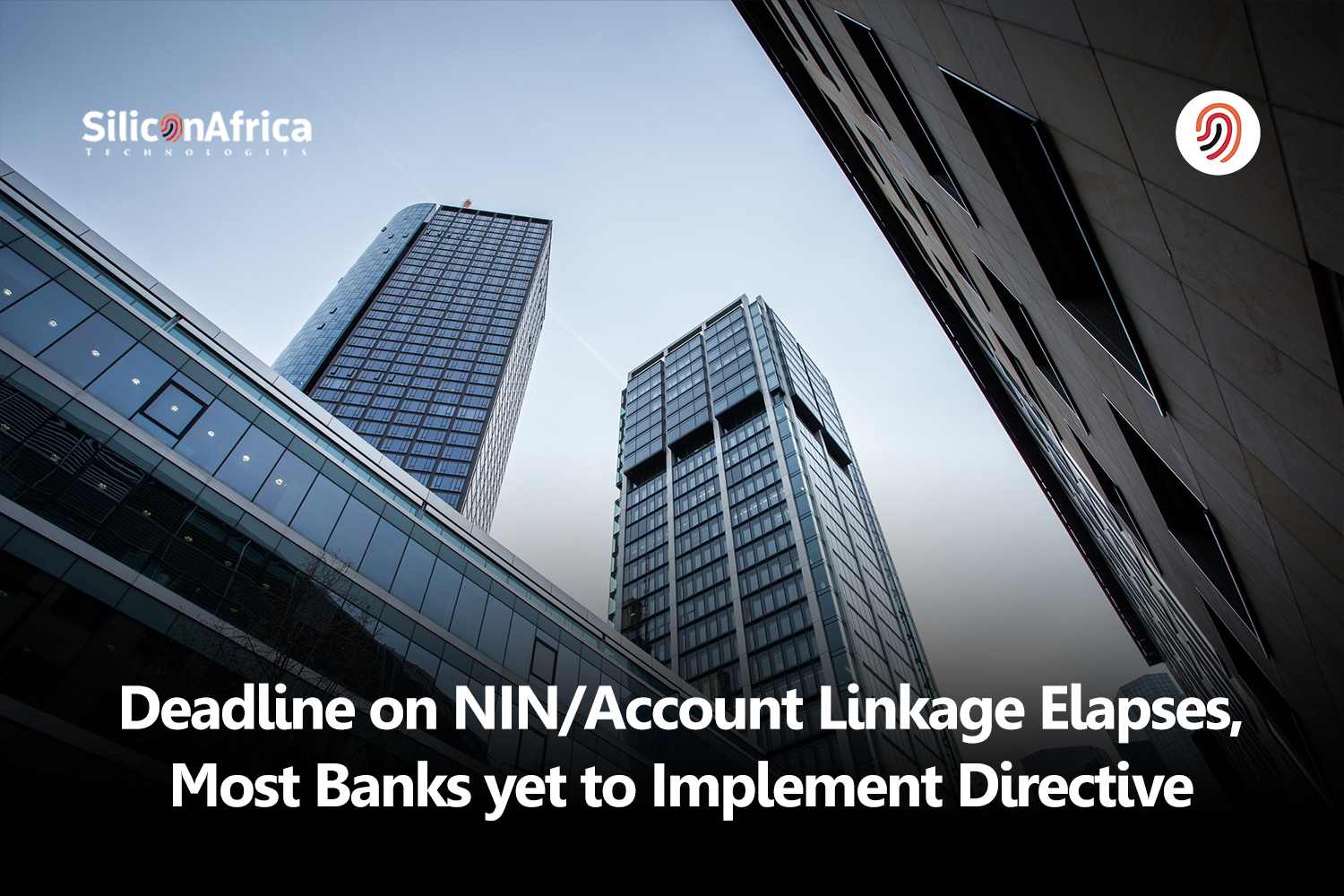Newsletter Subscribe
Enter your email address below and subscribe to our newsletter

The Central Bank of Nigeria (CBN)’s directive mandating the linkage of National Identity Numbers (NIN) to all tier-1 bank accounts by March 1, 2024, has passed with a significant portion of banks yet to implement the policy.
This has left millions of account holders in a state of uncertainty, unsure of the potential consequences of non-compliance.

The CBN issued the directive in 2023, aiming to strengthen the Biometric Verification Number (BVN) system and enhance security within the Nigerian financial sector.
The policy stipulated that tier-1 accounts, categorized as those with a balance exceeding ₦500,000, would be restricted if not linked to a valid NIN by the designated deadline.
In addition to linking NINs to bank accounts, some banks are also exploring options to integrate the Bank Verification Number (BVN) into this process.
The BVN, which was introduced as a means of uniquely identifying bank customers, could potentially streamline the verification process and enhance security measures further.
Despite the looming deadline, reports indicate that many banks have not begun enforcing the NIN-account linkage requirement.
A recent investigation by Vanguard News revealed that several major institutions, including Ecobank and Access Bank, haven’t initiated account restrictions and customers continue to have unrestricted access to their funds.
This uneven implementation across the banking sector has sparked confusion and concern among citizens, particularly those who haven’t yet completed the linkage process.
The delay in implementing the directive has led to frustration among customers who have been unable to link their NINs to their accounts.
Many have reported difficulties in accessing banking services or have faced long wait times at branches due to the backlog of requests for NIN/account linkage.
Related: 70 Million Accounts in Danger of Being Blocked by Banks Because of NIN Linkage
Further adding to the uncertainty is the lack of clear communication from some banks regarding their specific approach to enforcing the CBN directive.
While the CBN has maintained its stance on the policy’s importance, individual banks haven’t provided concrete information on the potential consequences for non-compliant accounts or updated timelines for implementation.
This lack of transparency has left many account holders feeling vulnerable and unsure of the next steps they need to take.
While the immediate impact of the missed deadline remains unclear, the potential consequences for unlinked accounts could be significant.
According to the initial CBN directive, non-compliance could lead to account restrictions, hindering users’ ability to access and manage their funds.
Additionally, the policy aims to enhance financial inclusion and combat fraudulent activities within the banking system.
Failure to link NINs could potentially hinder efforts towards achieving these goals.
Financial experts are urging citizens to remain cautious and not rely solely on the current lack of enforcement across all banks.
They recommend proactively linking their NINs to their bank accounts to avoid any potential disruptions in the future.
This can be done by visiting the designated branches of their respective banks or utilizing online banking platforms that offer the NIN linkage feature.
While the current state of implementation remains fluid, it is crucial for citizens to stay informed by following official channels of communication from the CBN and their individual banks.
As the situation unfolds, clarity on the enforcement timeline and potential consequences for non-compliance is expected from the relevant authorities.